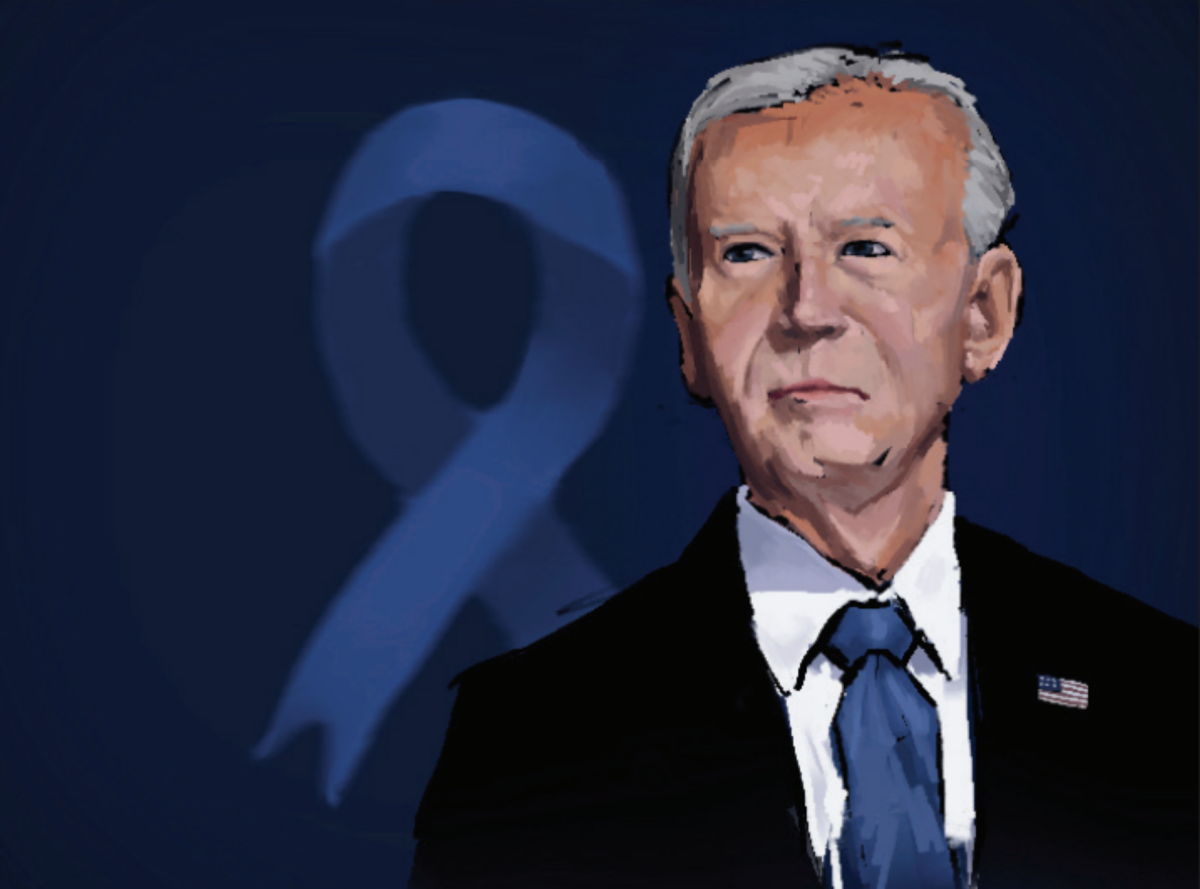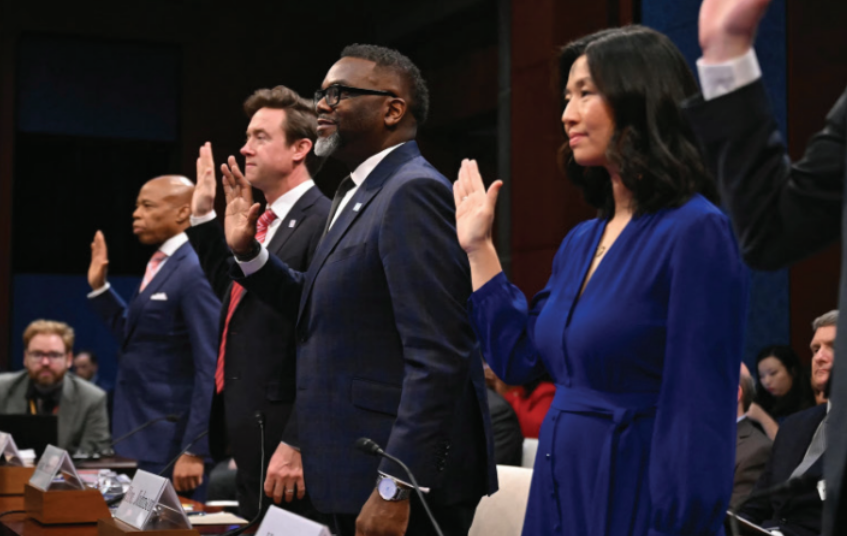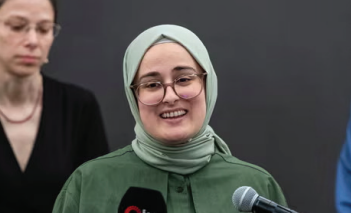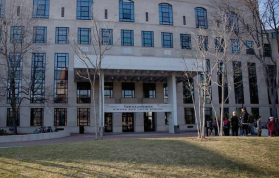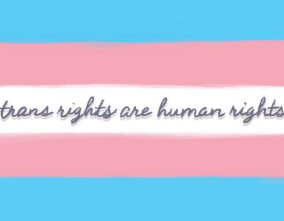
On December 4th, 2024, the Supreme Court heard the case of U.S. v. Skrmetti, a potentially landmark case for transgender rights. The American Civil Liberties Union (ACLU) represented three transgender Tennessee teenagers, their parents, and a doctor who has been banned from administering gender-affirming care to minors in the state. The ACLU is claiming sex discrimination, arguing that doctors are able to provide the same healthcare for patients who are not transgender without stipulation.
The verdict from this case can be expected in the summer of 2025, however, after two-and-a-half hours of debate, the conservative majority of the Supreme Court seems poised to uphold the Tennessee bill at the center of this case. The law states that medical procedures involving changes to “a minor’s physical appearance” are harmful when “performed for the purpose of enabling a minor to identify with, or live as, a purported identity inconsistent with the minor’s sex.” The ACLU argues that this is unconstitutional, as lawyer Chase Strangio explained in the New York Times, “By banning testosterone for someone assigned female at birth but not applying that same restriction to someone assigned male at birth, Tennessee treats people differently based on sex.” This would be violating the 14th Amendment.
If the court were to uphold the Tennessee law, it would set a precedent for future bans and uphold the 79 potential bans being tracked by the ACLU. Transgender individuals and allies warn that this would be devastating. CRLS health teacher Ms. Beatty explained to the Register Forum, “There are common misconceptions about gender-affirming care. It includes things like hair removal, hormone therapy, speech therapy, [chest] binding, puberty blockers, and more. …even smaller acts of gender-affirmation can have a positive impact on a trans adolescent’s mental health.”
Providing this care has been shown to improve lives and denying it can have devastating consequences. Ms. Gauthier, CRLS librarian and parent of a transgender son, affirmed this sentiment, explaining to the Register Forum, “When we prevent young people and their parents from accessible care, we are sending the message that they should not exist, or should hide who they are. As a parent and a human being, I can’t imagine telling a child that they shouldn’t exist, and yet that is the message we convey when we deny healthcare.”
This was the argument of the plaintiffs in the case, who cited decreased rates of depression and suicidal thoughts for transgender youth receiving gender-affirming care. Finn Graham ’26, echoed this, telling the Register Forum, “I don’t know where I would be without testosterone, but I know my quality of life would be so much worse without it. It saved my life, and it’s saved the lives of so many other trans people.” One of these people is Chase Strangio, the ACLU lawyer making history in court as the first openly transgender lawyer to argue in front of the Supreme Court. In an op/ed published by the New York Times, he writes, “My presence at the Supreme Court … [is] possible because I have had access to the very medical treatment at the center of the case. … This week, I will not just be presenting legal arguments to the justices. I will also be embodying them.”
This article also appears in our January 2025 print edition.



